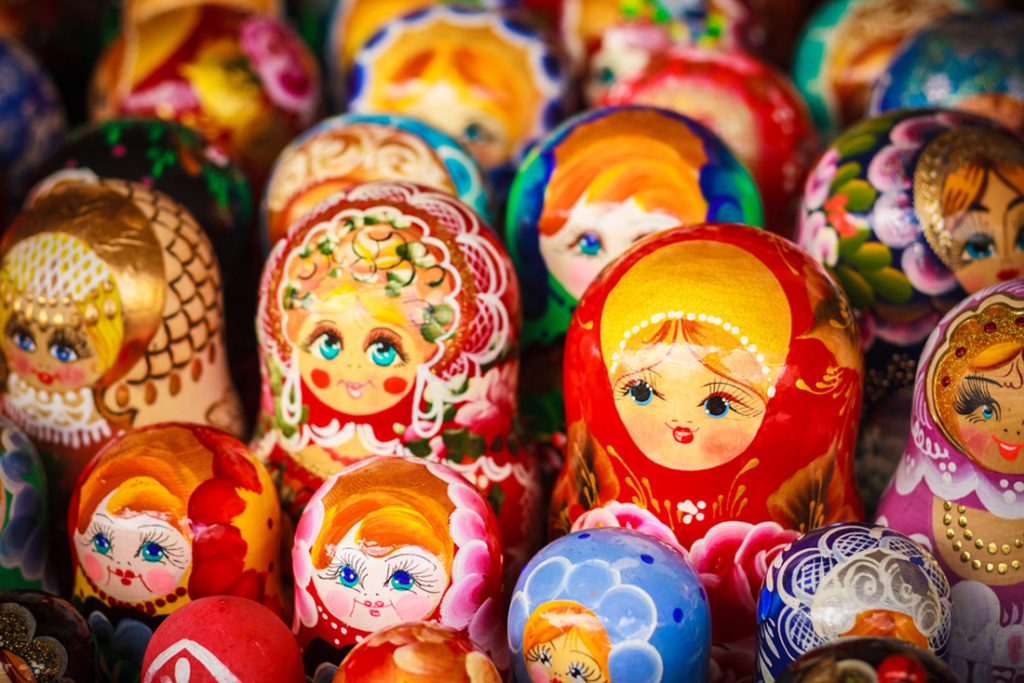Rainbow
Electronic Arts announced the release of its expansion Yes, I do! in Russia at the request of the Russian simmers of the LGBT community
The video game development and distribution house Electronic Arts (EA) officially announced a few weeks ago that they would not launch its new expansion “Yes, I do!” in Russia, due to the “Law against homosexual propaganda” in force in the European country.
The decision of the company of American origin was not well received by the players of the Russian nation belonging to the LGBT community. In fact, many of them cataloged such a decision as a betrayal.
Russian law on protection of children
The Law against homosexual propaganda was approved by the Putin government in 2013. According to what experts have described, this legislation has as its main objective to offer protection to infants against content that attacks family, social values and the tradition.
Taking into account the provisions of said law, The Sims 4 was classified as a video game for people over 18 years of age in Russia. This is because the game allows relationships between people who belong to the same sex. In other countries such as Spain, the video game has a classification for people over 12 years of age.
Although The Sims 4 is considered a video game for adults, it is widely popular in Russia. And after the announcement issued by EA, many of the gamers who belong to the LGBT community have expressed that they feel abandoned, by the decision not to launch the story “Yes, I do!” in his country.
The request of the Russian simmers
After the controversy generated regarding the non-release of the new game extension in Russia, the fans decided to create the hashtag #weddingsforrussia as well as a petition on change.org supported by more than 10,000 signatures.
Russian simmers believed that the game’s “18+ only” rating was enough for them to agree to launch the new role-playing video game story.
However, the reasons explained by EA indicate that the narrative of the story would be subject to certain modifications, due to the federal laws of Russia. In fact, the developers of the game assured that they are totally committed to the freedom that people can be who they want to be, and love who they want to love.
Wave of opinions in the web world
The opinions of well-known people in the web universe, as well as players and followers, did not wait.
For his part, JPluiy, a Russian YouTuber, points out that in his opinion the EA has discriminated against the Russian public with the decision not to release the expansion of the game in that country. The YouTuber’s words were: “We are part of this community, and we are offended by what is happening at the moment […] They distance themselves from the Russian queer community.”

Another of those who expressed his opinion in this regard was HoboDivi, one of the best-known youtubers in the European country dedicated to publishing content about The Sims. HoboDivi shared its position with its thousands of subscribers, and in this it said that: “In Russia there is a law on the promotion of homosexuality, yes, but it only applies to people under 18 years of age. Since the game The Sims 4 already is rated +18 in our country, EA can easily release new DLC in our country.”
One of the simmers and also a member of the LGBT community named
Daria acknowledges that this made her feel isolated from the rest of the world: “It’s like everyone matters except us.”
EA’s final decision
After the wave of opinions and the efforts on the part of the fans of the video game, the EA has finally reconsidered its position. The American company has decided to launch “Yes, I want!” in Russia.
According to what was published on its official blog, the EA explains: “We have re-evaluated our options and have realized that we can do more than we initially believed, and now we will release The Sims 4 My Wedding Stories Game Pack to our community in Russia, unchanged”.
